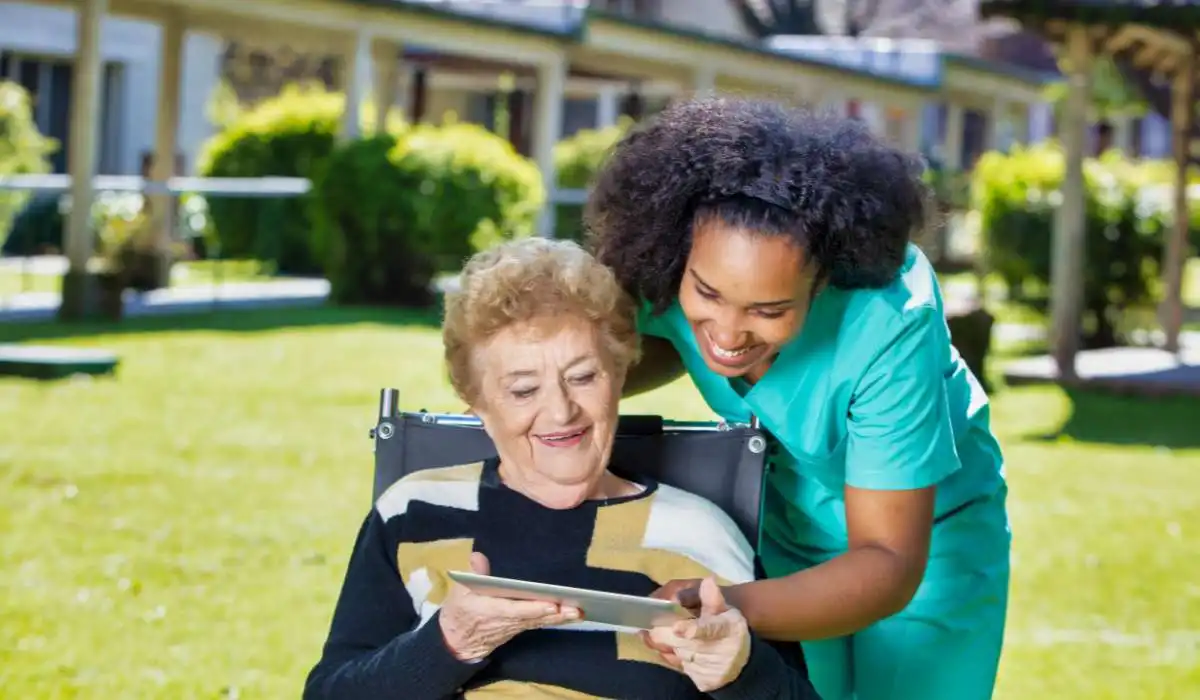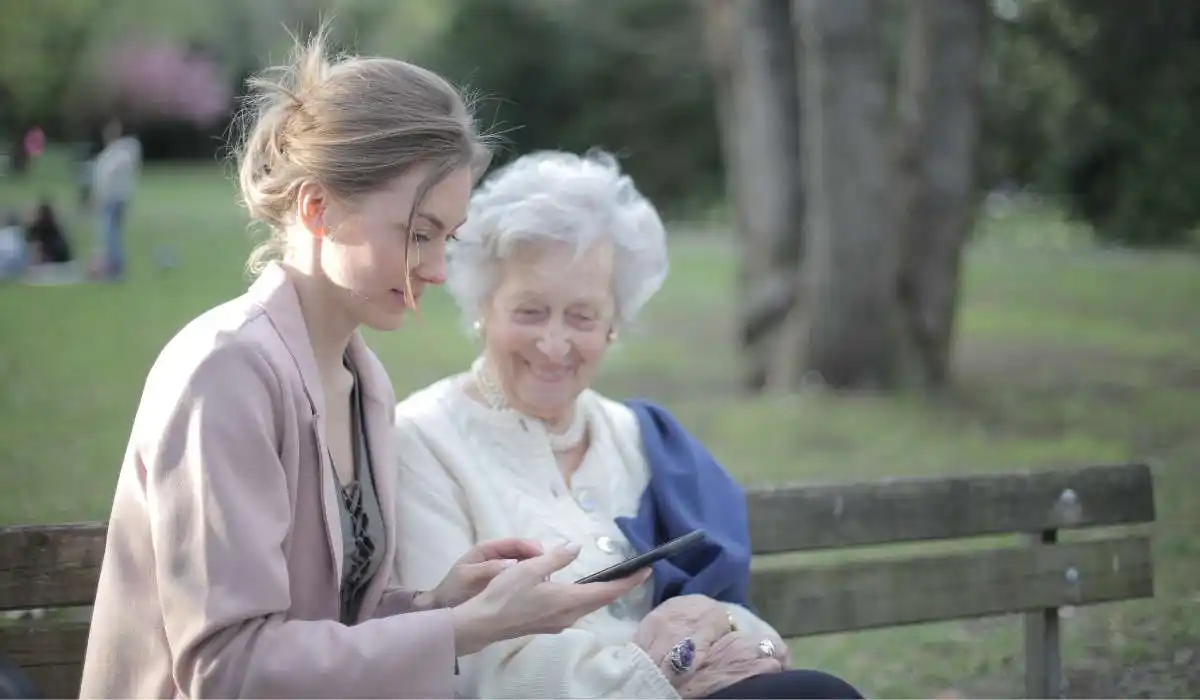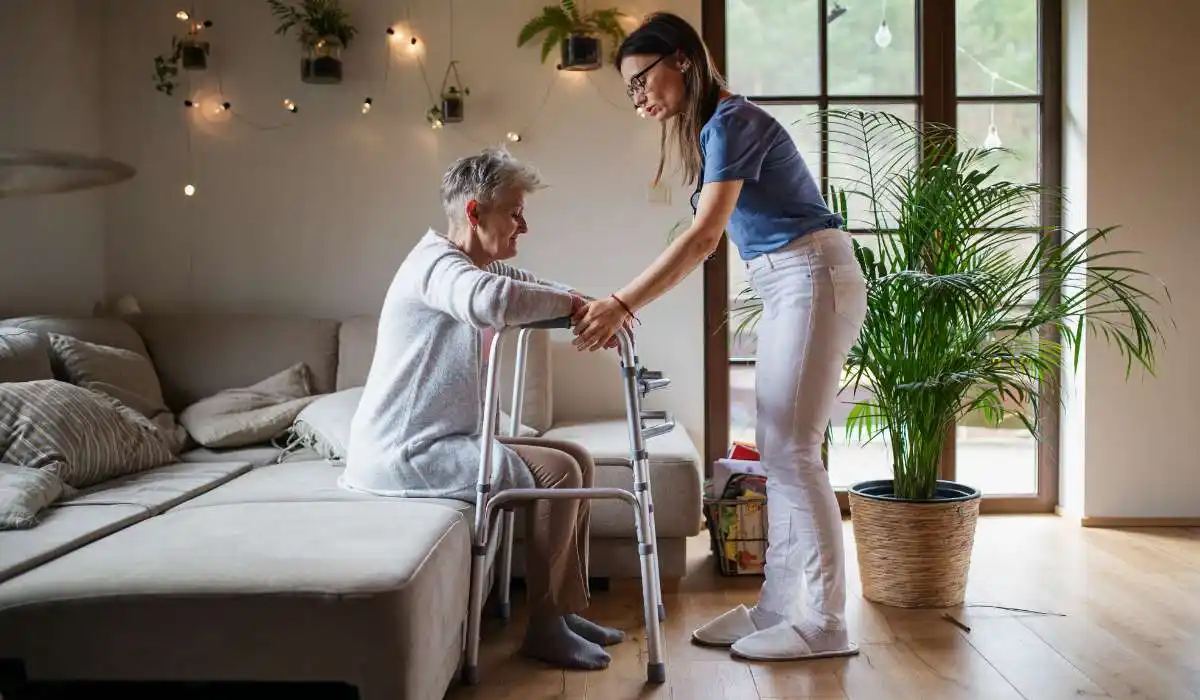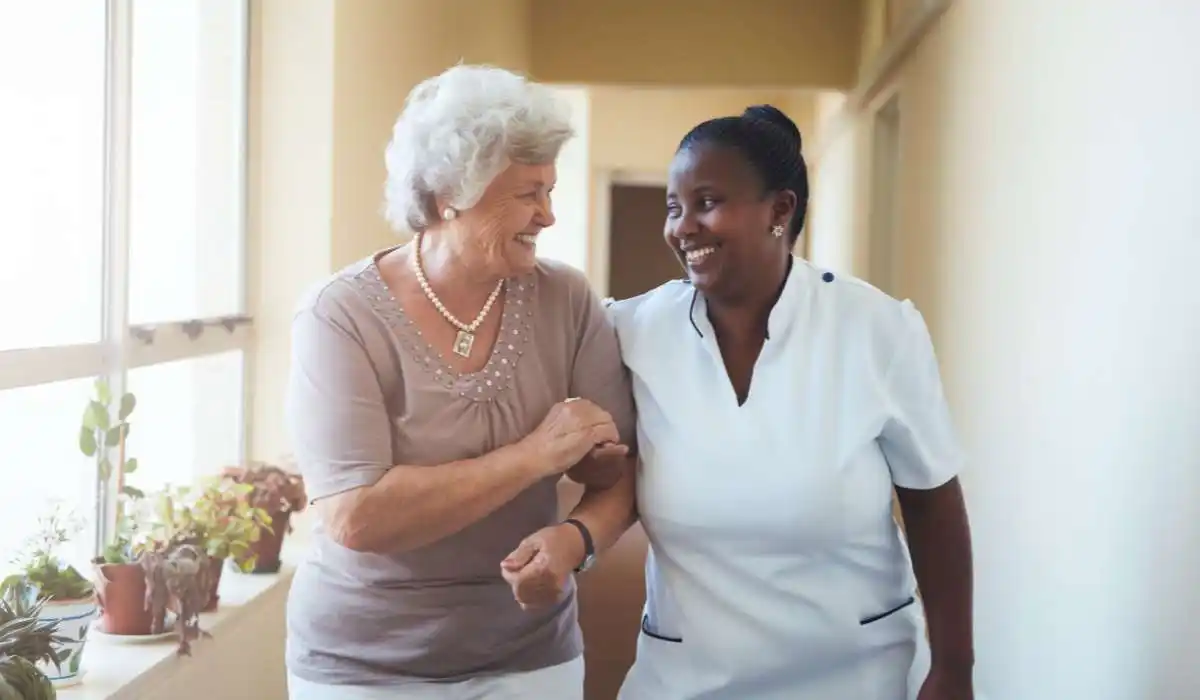What Do Caregivers Need Most?
Caregivers are the unsung heroes, the backbone of our society, tirelessly providing care and support to those in need. But have you ever stopped to consider what these everyday heroes need most to continue their selfless work? It’s a question that often goes unasked, yet the answer is crucial for the well-being of both caregivers…










